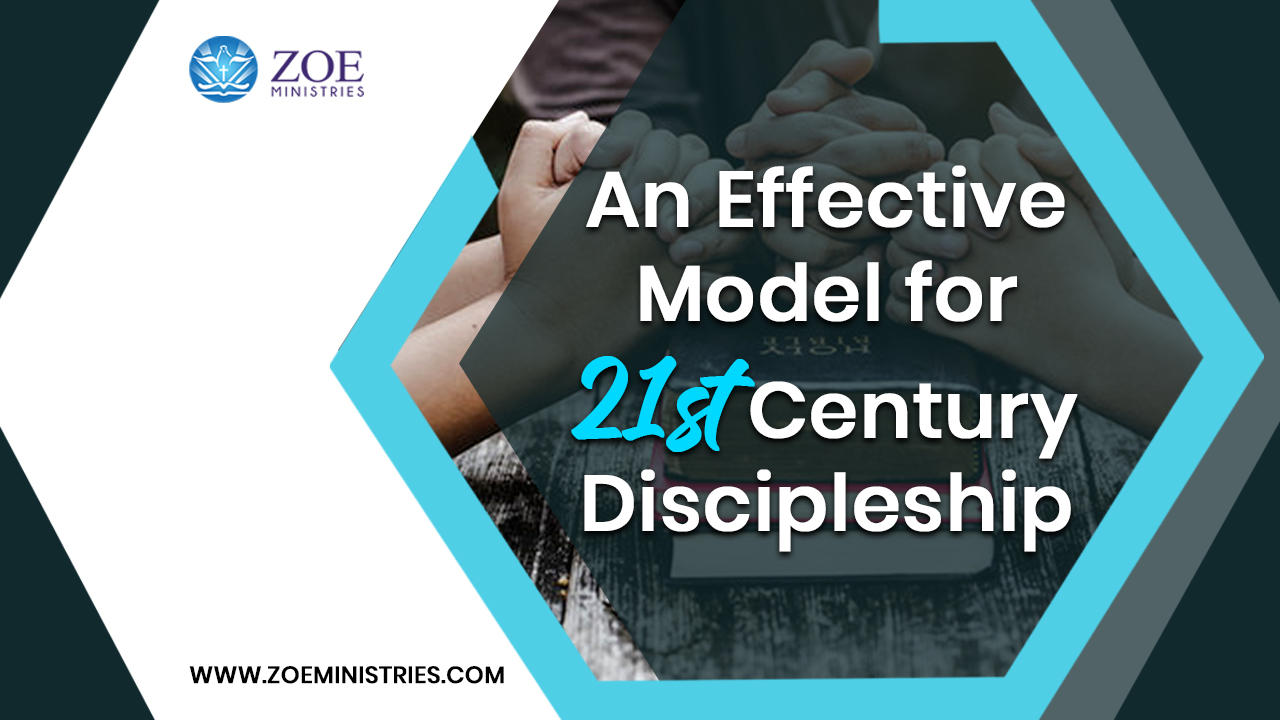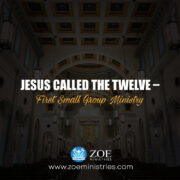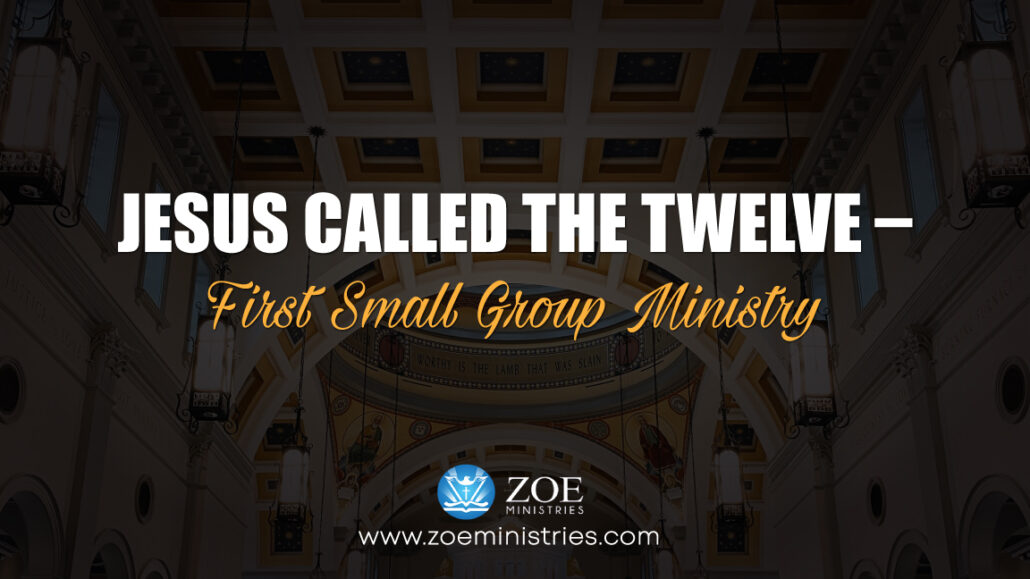Make a Shift
Make a Shift
Partner with God
Make a shift. Don’t just live for Sundays. To partner with God for the success of your career and to experience a spiritual career breakthrough, and become a minister in the marketplace, you must make the shift. The shift is both psychological and linguistic. I’m talking about the language you use to describe what you do and how you think about your work.
What are you working on right now? You may be a teacher. Perhaps, you’re a doctor. Maybe you’re a social service worker. Are you a bus driver? You may be a salesperson or a barista. You may be saying, “I’m just a housekeeper.” Wherever God has placed you, God put you there for a purpose.
A Secret Agent
God wants an agent in the system. What would happen when He places you as an insider in your workplace? This insider is you. When you applied and became a part of your workplace, you did not know that it was God who allowed this to happen for His purpose.
You may not know what God will use you for, but believe me, He has a plan for you to be there. God can work out unthinkable possibilities from the most mediocre of circumstances. However, how can God use you when your mind is stuck in the dread and rut you have created around anything connected with your work?
There is no such thing as secular work. Everything is sacred. When you write off something as secular, you say that it is the Devil’s. When you categorize something to be material, it is like you are saying, “God can touch this. God has no jurisdiction over this area”. You cannot give anything over to the enemy by saying, “This is secular work.” Later on, we will discuss the Myth of the Secular more.
A Shift:
Where is God placing you?
You are supposed to say this is where Christ placed me. This position is under Christ. Make a shift in your thinking. You think you are working for man, but honestly, you are working for God. The Apostle Paul said, “Whatever you do, work heartily, as for the Lord and not for men” (Colossians 3:23). You are not working for your boss. Your boss is just an instrument.
God has intentionally positioned you in that industry to either give, grow, or guide it. There must be a shift in the way you see yourself in your workplace. You may fall into the trap of thinking, “I am insignificant in this workplace. I am even more insignificant in advancing God’s Kingdom.”
Your weekly dose of prophetic wisdom and anointing awaits you. Join our LIVE Conference Call!
1) Call 515-604-9266
2) Go to startmeeting.com, and use the login: BishopJordan





















